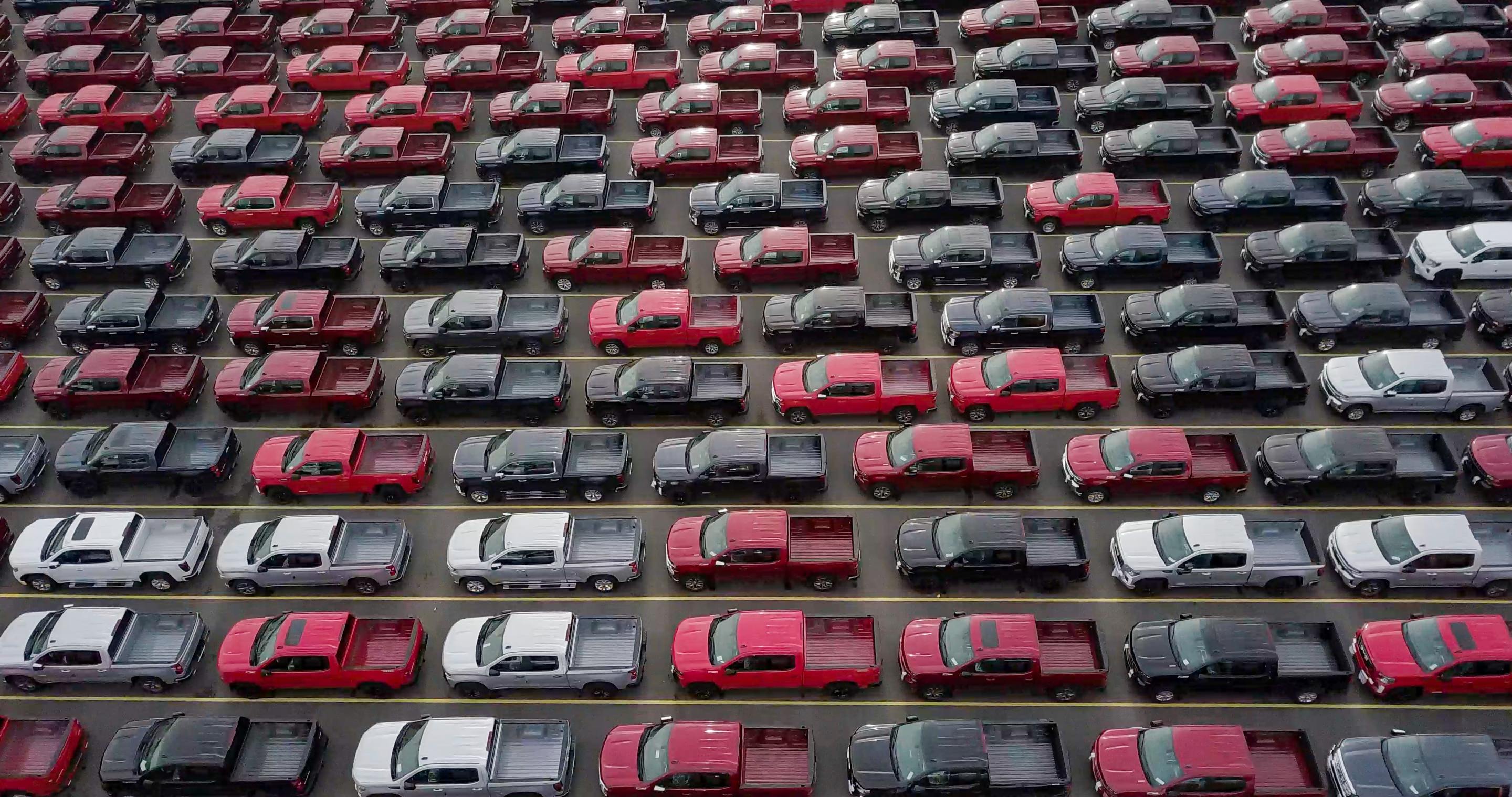- With the average price of a new car topping $48,000 and just two models available for under $20,000, car ownership is increasingly becoming a luxury for the rich. But automakers don't mind, because they're making higher profits by selling fewer but more expensive vehicles. (Washington Post)
- The head of the National Transportation Safety Board slammed federal regulators for not doing enough to ensure that automated driving systems work. (CNN)
- More than half of all fatal crashes in U.S. urban areas happen on state-owned roads, where local leaders have little authority to fix safety problems. (Streetsblog)
- Play the world's smallest violin for the parking industry, which is having to deal with flat or declining demand for car storage. (CNBC)
- It won't be implemented until next year, but the Biden administration has approved the nation's first congestion pricing plan in New York City. (Politico)
- Even though Culver City caved to car culture, other Los Angeles-area cities are keeping up the good fight. (L.A. Times)
- Denver's popular e-bike rebates are going statewide. (Colorado Public Radio)
- The contractor who's building the Southwest light rail line in Minneapolis pushed back against a state audit, blaming the designers for delays and cost overruns. (Star Tribune)
- A rift is opening up between the Metro Atlanta Rapid Transit Authority and the city council. (AJC)
- Charlotte is one of the least walkable cities in the U.S. (WFAE)
- Move PGH offers discounts in "equity zones" to ensure the bikeshare is accessible to all Pittsburgh residents, including those who can't afford cars. (Government Technology)
- To deter drivers, The Hague is instituting a 40-euro flat fee to park on certain streets, like near the beach. (The Guardian)
Stay in touch
Sign up for our free newsletter
More from Streetsblog USA
Friday’s Headlines Are Over ICE
Traffic safety and transportation funding continue to get tangled up in immigration enforcement under Trump.
Talking Headways Podcast: Women Changing Cities
Chris and Melissa Bruntlett on their new book and the mobility of care work and the unpaid labor that undergirds the economy.
Calif. Advocates Stand Against Proposed Nuisance E-Bike Laws
...and for enforcement of good e-moto laws already on the books.
Thursday’s Headlines Walk Hard
Where you live probably has a lot to do with how much you walk.
When The Suburbs Want To Opt Out of Funding Regional Transit
A messy transit funding fight in Dallas may have reached a pause — but some advocates fear the détente won't hold.






